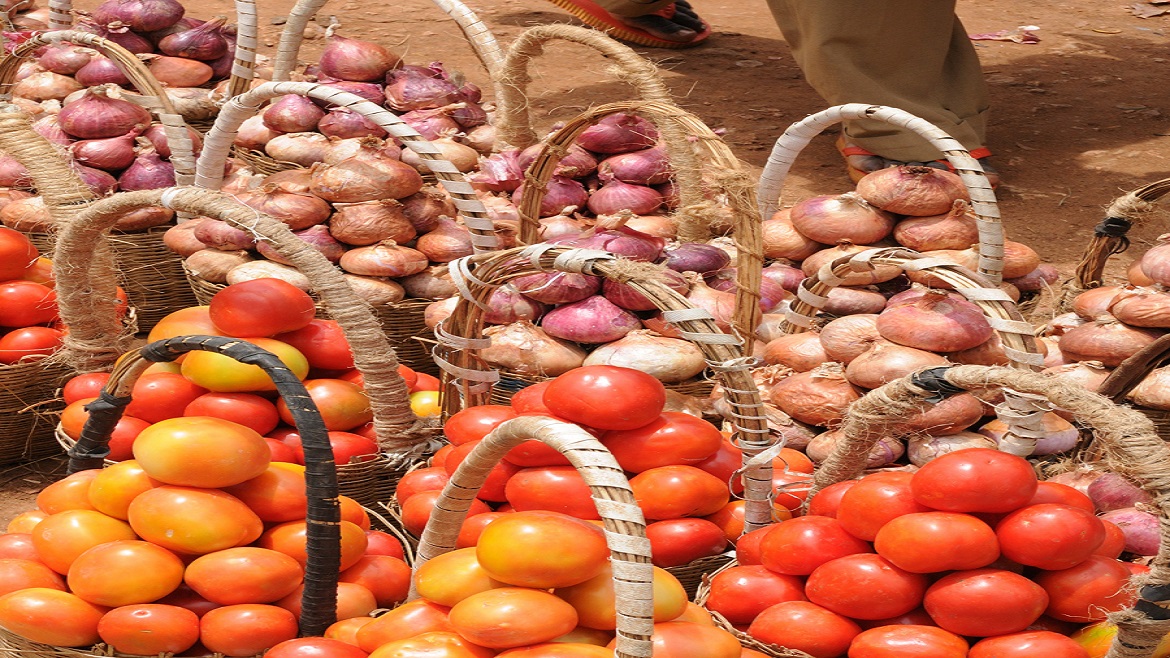It was an amazing reversal of fortunes. When I first met Zipporah in January 2011 her family was deep into the hunger season, a time of profound deprivation between harvests. She was rationing food for her husband and four children; meals were shrinking from three a day, to two, to one. Some days they had nothing for nourishment beyond a cup of tea or weak porridge. Zipporah explained that with little money and no access to credit in 2010, she could only scrounge enough seeds to plant one-quarter of the acre of farmland beside her house. Her harvest was a mere two bags, which barely lasted three months.
Desperate to improve her farming, Zipporah joined a social enterprise called One Acre Fund. She had seen how some of her neighbors doubled or tripled their harvests with One Acre’s “market bundle” of seeds, soil nutrients, training and micro-financing to pay for it all. Now she was able to obtain the inputs to plant her entire acre. She diligently tended her maize and marveled at how tall and strong it grew throughout the season.
The harvest that followed was proof of the potential of Africa’s smallholder farmers when they have access to the essential elements of farming. For decades, though, the international development community and the private sector considered these farmers to be too poor, too remote and too insignificant to be worthy of their efforts. If these smallholder farmers - working no more than a couple of acres to feed their families - were poor, it was because they were, well, smallholder farmers. The prevalent development thinking was that they should move to more urban areas and find work there to support their families.
As a result of this neglect, these farmers had little access to better quality seeds adapted to pests or disease and tailored to their climate and altitude, soil nutrients, extension advice and credit. In Africa, for the most part, smallholder famers toil in a time warp, working in pretty much the same conditions as their ancestors did, and reaping yields pretty much the same as well. They are unable to grow enough food to feed their families throughout the year. It is Africa’s cruelest irony that her hungriest people are her smallholder farmers.
Fortunately, we have seen a reversal of this neglect in recent years. Prompted by the food crisis of 2007-08 – when stockpiles of major grains fell to their lowest level in decades, triggering shortages, soaring prices and rioting in dozens of countries – the hundreds of millions of smallholder farmers became central to securing our global food chain in the face of unprecedented demand. They moved from problem to solution.
One of those change agents was Andrew Youn, who founded One Acre when he was an MBA student at Northwestern University. Youn didn’t look at smallholder farmers as too poor or too insignificant, but as worthy customers. Ending their hunger season, he reasoned, would be good for everyone.
When I visited Zipporah several months ago, she told me that her family had indeed conquered the hunger season. And, with income from surplus harvest, they were building a new house made of solid bricks and a metal roof. They had enough money to buy seeds for a second planting season, which yielded a cornucopia of vegetables important to combat malnutrition. She and her husband were planning to begin a chicken-raising business. And they were saving for the upcoming high school fees for their oldest child.
The views and opinions expressed in this article are those of the authors and do not necessarily reflect the views of The Economist Intelligence Unit Limited (EIU) or any other member of The Economist Group. The Economist Group (including the EIU) cannot accept any responsibility or liability for reliance by any person on this article or any of the information, opinions or conclusions set out in the article.




